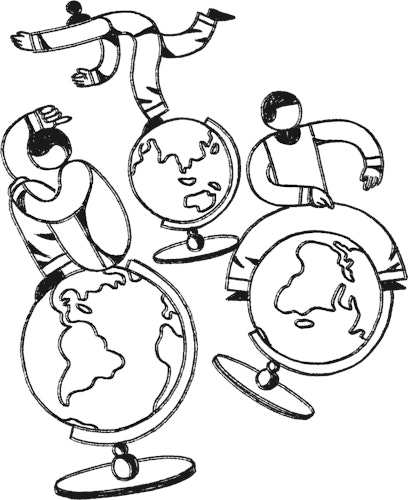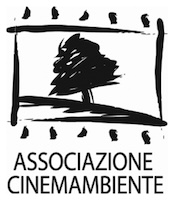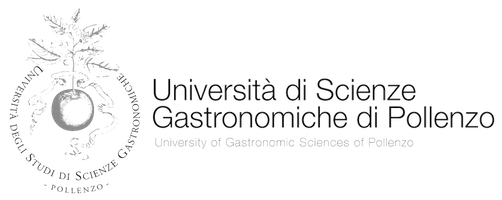Carnet de Viaje
Directed by
In 1960, a year after the Revolution, Ivens was invited to Cuba for no particular reasons. Fidel Castro welcomed him saying: “It's good you are here, you are a practical man and we need men like you”. Later, he was asked to make a film on the Revolution. Ivens felt like a stranger in a reality he had not personally experienced, so he counter-proposed a project that was soon accepted: “Let me travel around the country and give me the means to film my trip, in the same way as a journalist or a writer would write his notes. I don't need much: a camera, two or three assistants – some students from the Institute that can take a chance to learn. And, most of all, let me be free to make a sort of cinematographic notes, without thinking about the editing or the final result”. The shooting was made with a small troupe of young film-makers from the I.C.A.I.C. (Cuban Institute of Art and Cinematographic Industry), along the triangular route Havana-Trinidad-Santiago de Cuba. The tour goes on in absolute freedom, across the country and the Revolution, without too much worrying about how and what the camera is framing, to let the images convey a real sense of spontaneity and immediacy.








